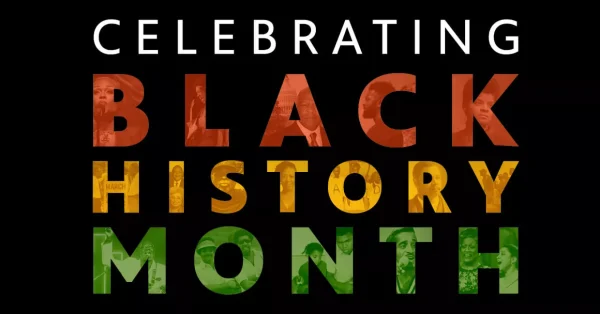5 Ways To Stay More Organized
High school is an incredibly important period of life skill development. The habits we learn in high school will continue to affect us throughout the rest of our lives, which is why we must develop positive tendencies now. These skills are necessary to stay organized. Between extracurriculars, hobbies, sports, and everyday life, it can often take a lot of work to keep on track when it comes to schoolwork. To make matters worse, the pandemic has left many students without the foundational knowledge to keep up with their workload. Studies show practical organization skills are directly related to academic success. If you are looking for ways to improve your grades, the best place to start is with your organization. Here are five ways to better develop your study skills:
- Create an agenda
Keeping an agenda or planner condenses all important information into one place, letting you know exactly what needs to be done and when. Since freshman year (I am currently a junior for reference), I have used a weekly virtual agenda to keep track of all of my assignments, obligations, and test dates, and I have missed very few deadlines as a result. If you’d like to try my method or don’t know where to start, I have created a template for you to utilize as you wish. Finding a system that works for you is key to maximizing your productivity.
- Establish a note-taking system
Taking clear and organized notes is a critical part of the studying process, but it can sometimes be difficult when classes feel too fast-paced or confusing. Simply getting a few different colored pens or highlighters and developing a note-taking system can make your life much easier when it comes time to review your notes from class. I typically use a yellow highlighter for key terms, blue for important details, and pink for formulas and critical concepts. I sometimes also use different colored pens to distinguish between different things (i.e., two different functions on the same graph). Some people find color-coding systems challenging to manage or ineffective, which is totally okay! There are other ways to organize your notes, such as grouping things into sections or putting boxes/underlines under important pieces of information. Developing note-taking methods can significantly enhance your ability to review and retain the material.
- Make your own study guides
When preparing for an upcoming test, creating a study guide is a form of studying! Writing things down (or even typing them) can improve memory retention and force you to review all the material. Once the study guide is finished, it will be easier to pinpoint what you know well and what you should continue to study. If you need clarification on topics, you can research them online and ask your teachers about them during tutorial.
- Create a class group chat/study group
Whether through Google Chat, Snapchat, or TextMessage, creating a class group chat or study group can be incredibly beneficial when you have questions or want to compare homework answers. You can also exchange study guides or organize plans to get together during tutorial to study. Additionally, building rapport with your classmates can help foster a more positive learning environment for the entire class. When you feel comfortable talking to the other people in your classes, it is easier for you to work together on assignments.
- Set goals
At the end of the day, you won’t be able to improve your study habits unless you set goals for yourself. Start with small things like completing homework on time or slightly adjusting your current note-taking strategy. Your goal can even be to go to bed at a more reasonable time so that you are fully rested the next day. Once you meet those small goals, you can take them to the next step and repeat the process. Over time, these little improvements will lead to noticeable results in your organization.
The most important part of developing organizational skills is finding what works best for you. These tips may or may not work depending on whether they are applied in a way conducive to how you most effectively learn. Everyone is different, and you should ultimately aim to discover your own system.





